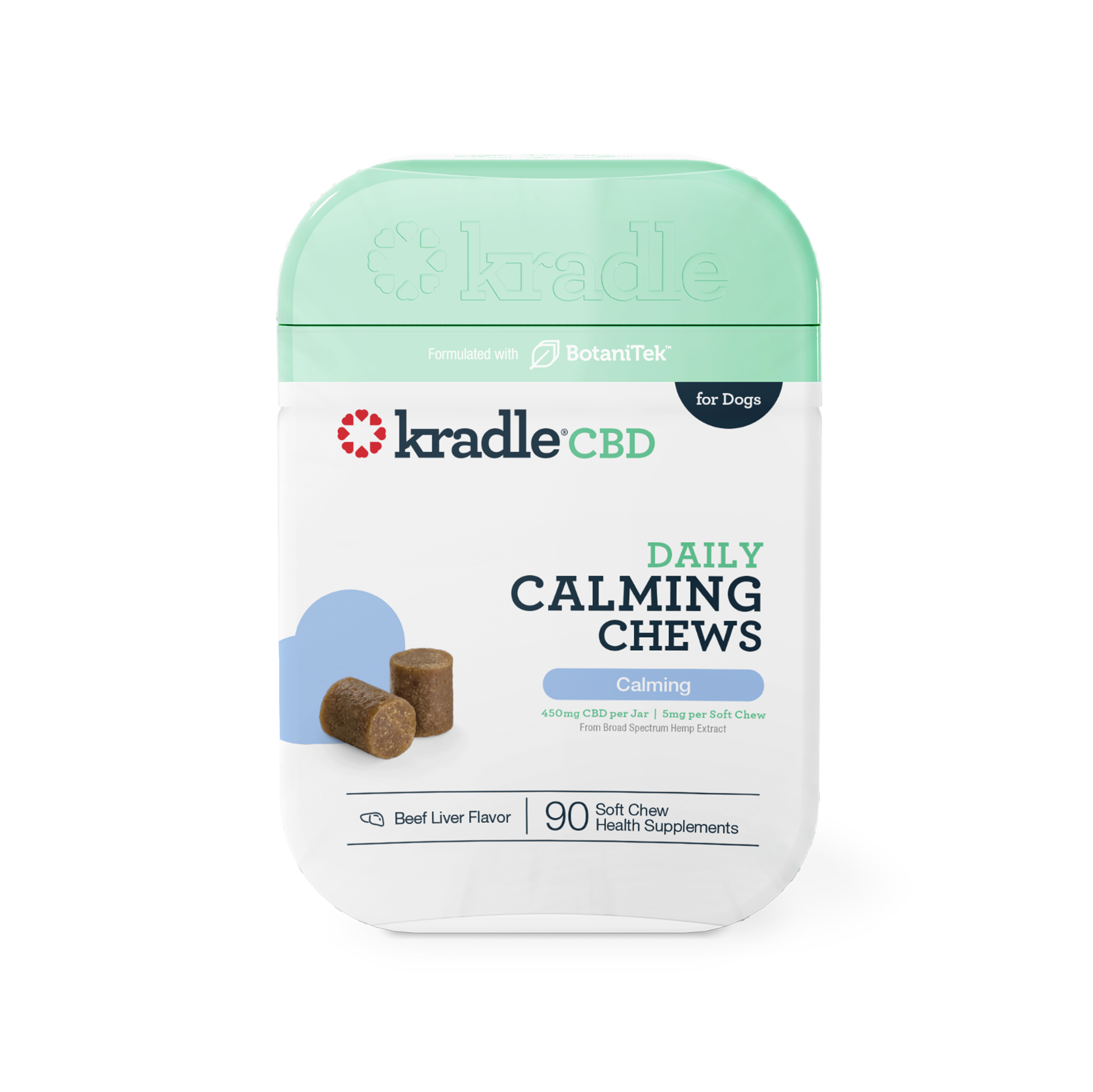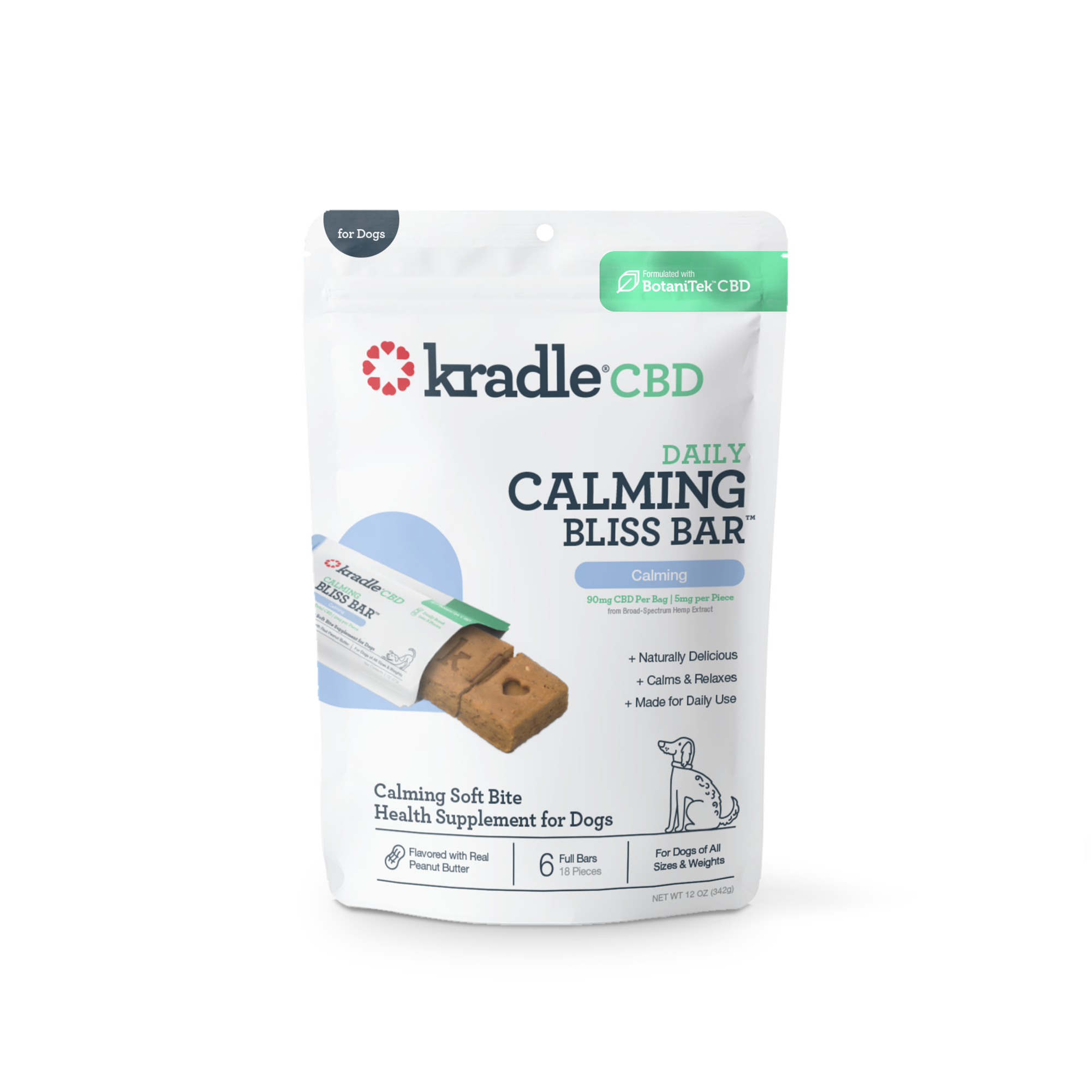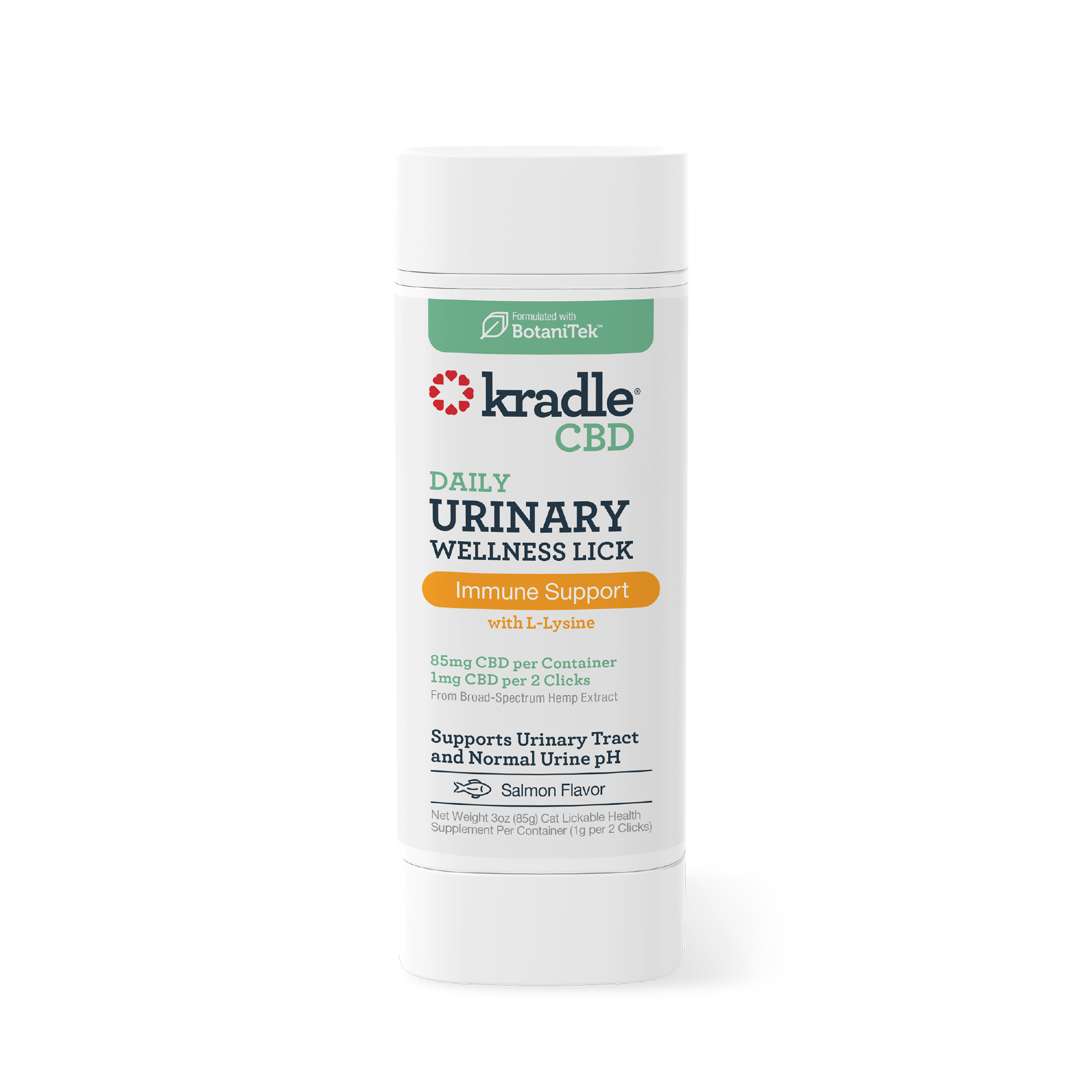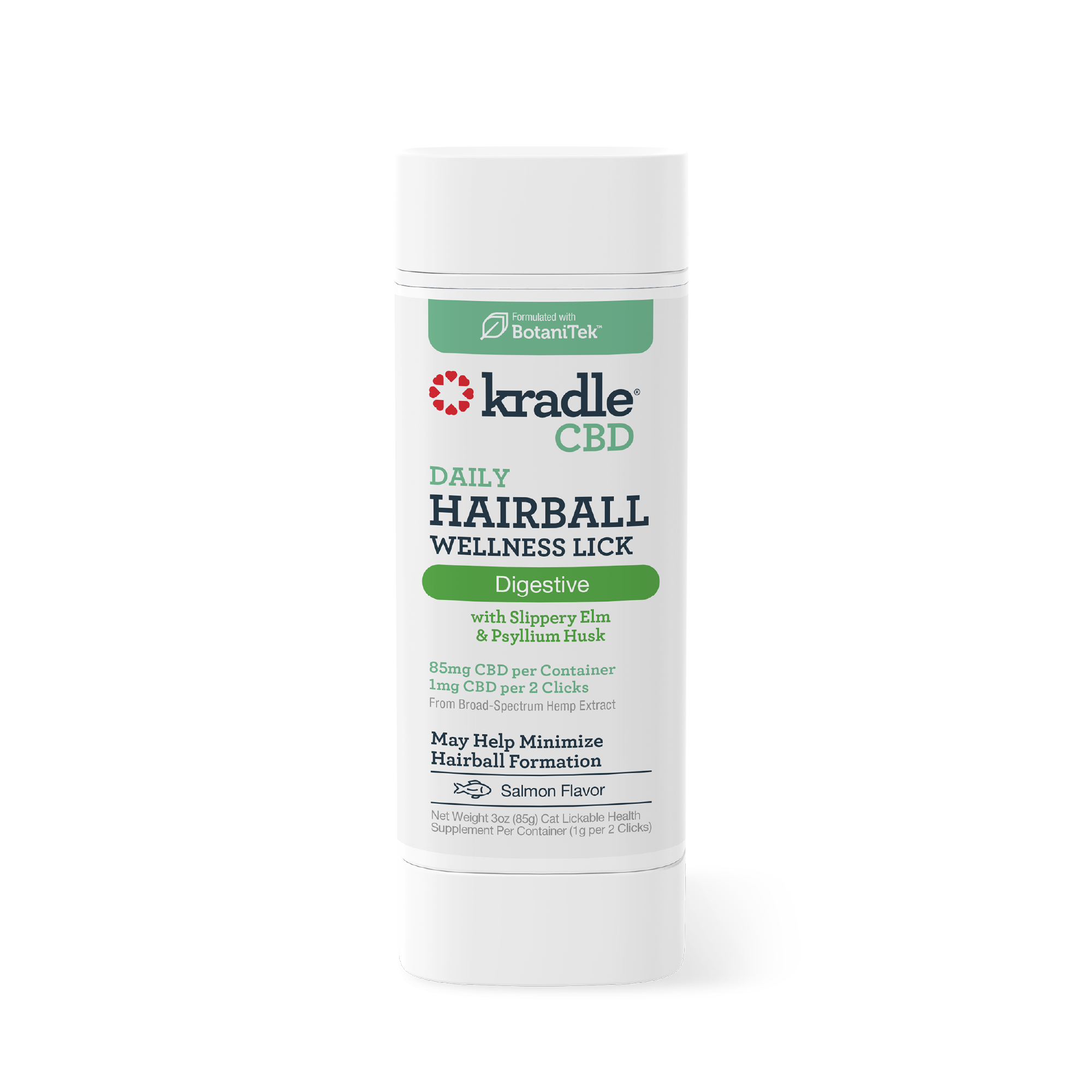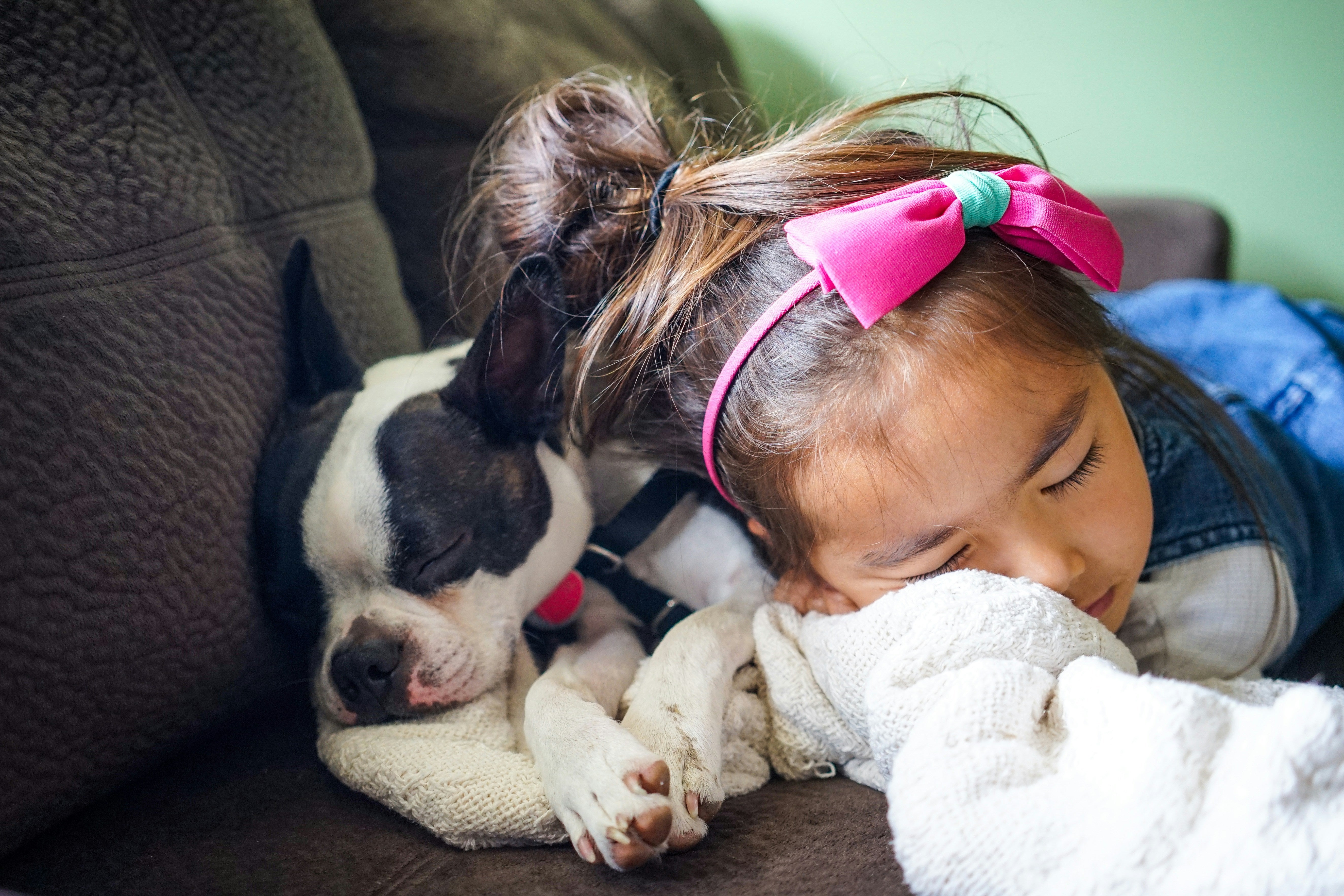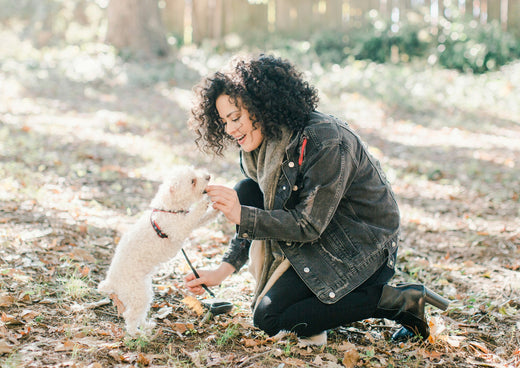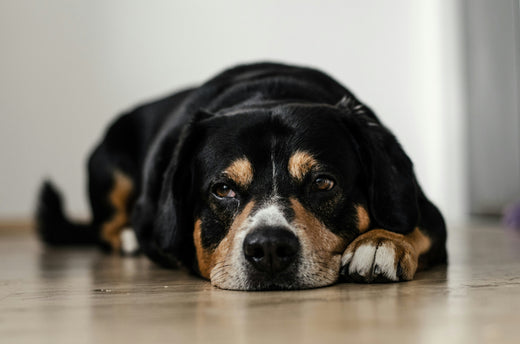
Senior Pets & Anxiety: Tips to Keep Them Calm & Comfortable
As they age, senior pets require special care and attention. In addition to meeting their changing physical needs, you also need to keep an eye on their emotional well-being, as dog anxiety may increase in older pooches.
If you've noticed recent changes in behavior in your older dog, it's possible that anxiety is the cause. The good news is that there is a lot you can do to respond to the symptoms of a dog anxiety attack or ongoing anxiety issues to help your dog feel more relaxed. In this post, we'll explore the causes and symptoms of anxiety in older dogs and share some senior dog care tips that can help.
Reasons Why Older Dogs Get Anxious (and Signs to Look Out For)
Anxiety in older dogs can develop for a number of reasons, including:
- Health issues: Cognitive decline, arthritis and other age-related health problems may limit your dog's ability to do things they once could or cause them discomfort. Because they cannot fully understand these changes, dogs may develop anxiety as they face them.
- Environmental changes: Major changes to the home environment can leave dogs feeling uncertain and anxious. Things like moving to a new home, someone new moving in or a family member returning to work or school may be stressful for senior dogs.
- Schedule disruptions: Senior dogs grow accustomed to the daily routine, and even small changes, such as going for a walk later in the day, may cause them to feel anxious.
Since your dog can't tell you when they're feeling anxious, it's important to be on the lookout for symptoms of stress and anxiety. Some of the most common dog anxiety disorder symptoms include:
- Behavioral changes: Senior dogs may become restless or seem unable to relax. You may also notice new behaviors, such as barking or howling or signs of aggression like growling or snapping.
- Physical signs: When experiencing anxiety, your dog may visibly tremble or pace. You may notice them chewing or licking more or panting more heavily. Some dogs may even display signs of incontinence, such as urinating on the floor.
- Emotional signs: Anxiety may cause a shift in your dog's personality. They may be clingy and reluctant to let you out of their sight or start hiding from you or avoiding you.
Because some chronic health conditions may cause similar symptoms, it's a good idea to have your dog examined by your vet when you begin to notice potential signs of anxiety.
How to Help Your Older Dog
If your senior dog is experiencing anxiousness, there are many things that you can do to support them. Here are some tips on how to take care of a senior dog with anxiousness.
Create a Comfortable Living Space
Give your dog a designated area that they can retreat to when they're feeling stressed or overstimulated. Choose a cool, comfortable area that is quiet and easily accessible. Make their special spot welcoming by giving them a comfy pet bed that they can get in and out of independently. You might want to experiment with playing soft music or white noise in their relaxation area to block out any sounds that might be contributing to stress.
Strive for Consistency
Stick to a set daily schedule as much as possible, so that your dog knows what to expect. When a change in the routine is unavoidable, try to introduce it gradually to lessen the impact on your dog. For example, if a new person will be moving into the house, have them come to visit every day, extending the length of time they remain in the home, so that your dog can get used to seeing them.
Incorporate Gentle Exercise
Excess energy can contribute to anxiety and stress, so keep your dog as active as possible. Taking daily walks in a flat area and other activities like gentle fetch can help them have fun, stay active and use up some of that pent-up energy.
Stimulate Their Minds
Dogs' brains need activity just as much as their bodies do, as boredom can also worsen anxiety and stress. Give your dog's mind a workout with treat puzzles, scent games and interactive toys. Set up a rotation, letting your dog play with a toy for a couple of days and then bringing out a different activity to keep things fresh and exciting.
Focus on Diet
A healthy, well-balanced diet can supply the nutrients your dog's brain and body need. You can also supplement their diet with Kradle's Calming Products. With broad-spectrum CBD and a proprietary blend of calming ingredients, our products support balances in behavior and disposition to benefit senior dogs.
See the Vet Regularly
As previously mentioned, medical conditions may contribute to anxiety in senior dogs. Seeing your vet regularly can result in the early diagnosis and treatment of disorders like arthritis that may cause your dog anxiety and discomfort. Your vet can also help you determine if medications for anxiety are right for your senior dog.
A Personalized Approach
The above tips have the potential to make a positive difference for senior dogs with anxiety. However, there's no such thing as a one-size-fits-all solution that will work for all pets. The key to anxiety relief for dogs is discovering what meets their unique needs. To do so, make the suggested changes above one at a time and observe their responses, looking for any signs of dog behavior modification for a few days. If you don't see improvements or your dog needs more support, try another tip and so on. Trial and error can pay off in the long run, so be patient as you work to find solutions for your pet.
Supporting Your Senior Dog
Although pet anxiety is common in senior dogs, there are many things that you can do to help, from creating a calming, comfortable environment to offering calming supplements. A custom-tailored approach based on your observations and your vet's advice can help reduce anxiety symptoms and allow senior dogs to feel more relaxed and happier throughout their golden years. Start experimenting with the above tips and see how your dog responds. Through patient trial and error, you can discover what works best for your pet and get your dog on their way to lasting stress relief.

